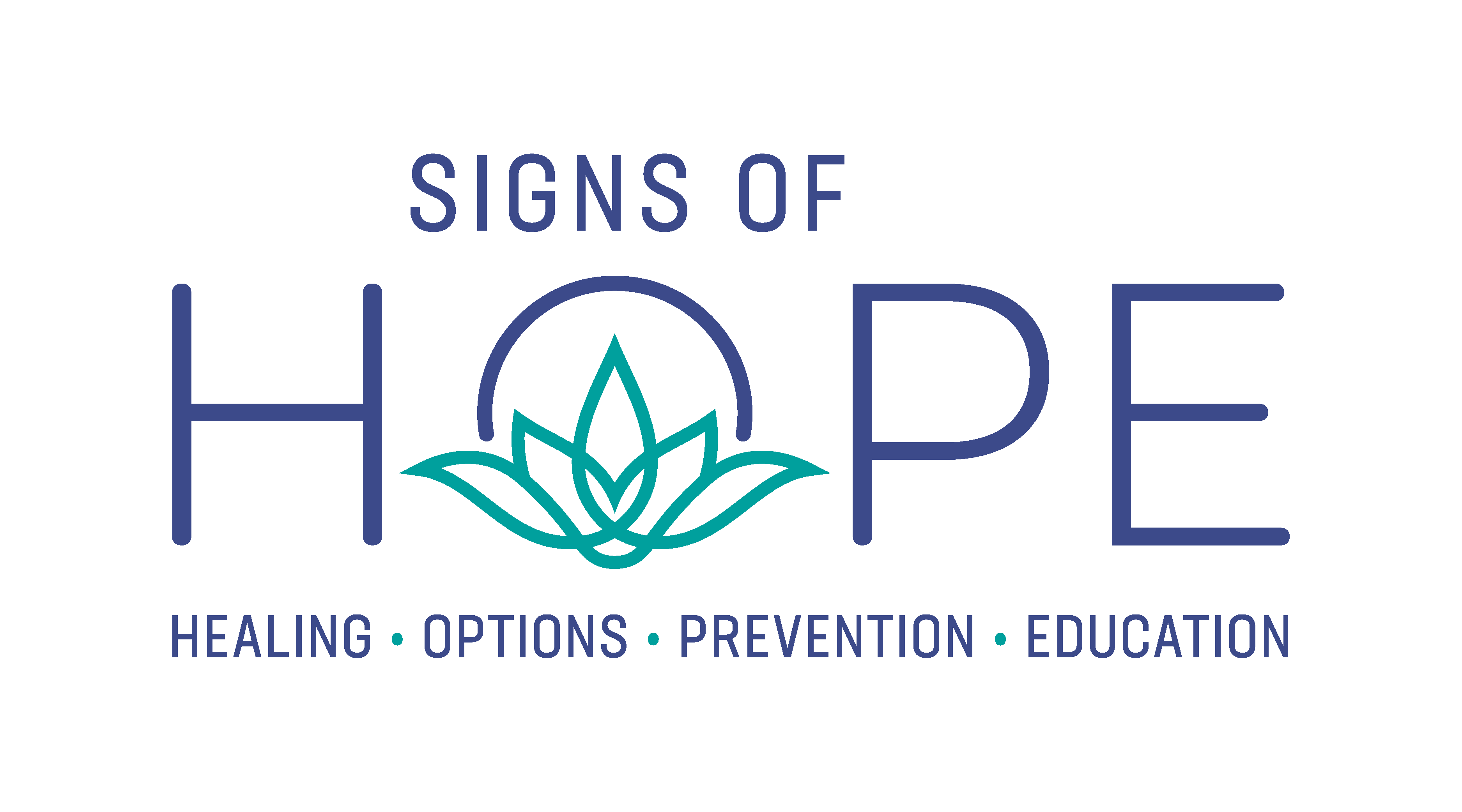Understanding the factors that make people more vulnerable to interpersonal violence can also help us identify protective factors that can keep them safe. This is how we begin to understand violence prevention in a more holistic way. It’s not just about addressing restrictive gender roles and educating people about healthy relationships. We also need to look at how various forms of oppression make people more vulnerable to violence, and understand that the struggle to end interpersonal violence is tied to other struggles for justice. Poverty is one such form of oppression.
We know that financial abuse is a highly effective strategy used by abusers to control their victims. Preventing a victim from holding a job to earn their own money, withholding the victim’s paychecks, and deliberately ruining the victim’s credit are just a few of the ways an abuser can control their victim’s finances. While these strategies may have an immediate financial benefit to the abuser, the true purpose of this type of abuse is to keep the victim dependent on the abuser. Without money of one’s own it is extremely difficult for a victim to leave an abusive situation. This is true whether the situation is domestic violence, dating violence, or human trafficking.
Financial need may not seem like a “good” reason to stay in a violent and dangerous situation. But we’re not just talking about a victim trying to protect their credit rating. We’re talking about a victim being able to provide for their most basic needs for survival. If a victim can’t answer the basic questions of “how will I feed myself?” and “where will I live?”, how can they feel safe leaving a relatively secure environment, even one in which they experience physical violence? Even if those most essential needs for food and shelter can be met, it may not be enough. What if the victim is at risk for losing access to their healthcare coverage, or concerned about providing stability for their children? An abuser may be providing for many needs that the victim is reasonably concerned about meeting elsewhere.
Financial security even comes into play before violence ever starts. Perpetrators can exploit the conditions of poverty to groom their victims by offering financial resources the victim doesn’t have access to on their own. Those experiencing homelessness, young people who come from low-income households, single parents struggling to provide for their children, and even those who simply earn less than their new potential partner are all vulnerable to abuse and exploitation by a perpetrator looking to groom a new victim.
The good news is that if financial instability and dependence are risk factors, then financial security and independence are protective factors. Lifting people out of poverty can actually prevent interpersonal violence. People who have access to good-paying jobs, affordable housing, affordable healthcare, and affordable childcare will be less vulnerable to abuse and exploitation.
This means that part of our work of preventing interpersonal violence must include advocating for public policies that make financial security and independence possible for more people. Advocating for a more equal and just economy is advocating for victims and survivors of abuse.

